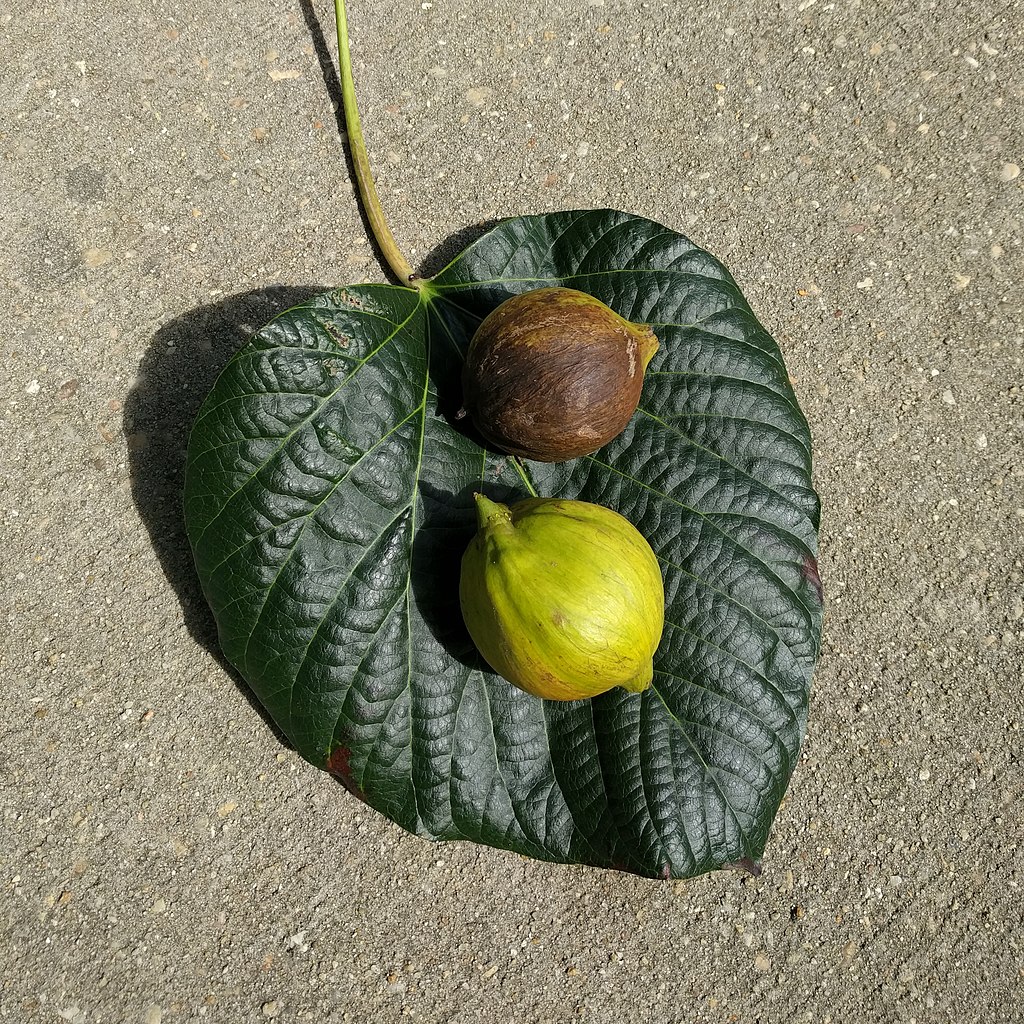
"On the one hand, the phrase "helping nature" can be dismissed as a rhetorical device. It presents the destruction of invasive species as a benign act and might be intended to offset negative feelings about use of herbicides. As you smell chemicals and feel your skin and mouth itch a bit, you will know that this for the good of nature."
"One way to address the ethical concerns is by using a utilitarian argument: allowing invasive species to thrive will do more harm to the ecosystem and its inhabitants than killing the invaders. As such, killing invasive species is the right thing to do in such cases. This approach would allow for invasive species to be left alone if their presence created more good than harm for the ecosystem. Whatever that might mean."
A park sign reads "helping nature by controlling invasive plants" and indicates the city uses herbicides and machetes to address invasive species. The phrase can function as a rhetorical device that frames destruction of invaders as benign and eases discomfort about chemical controls. Invasive organisms such as feral hogs, Burmese pythons, and Nandina are also natural beings and may suffer when killed. A utilitarian defense holds that killing invaders is justified if it prevents greater ecological harm, but practical calculation of outcomes is difficult and humans often err. Species migrations and natural spread further complicate judgments about what truly helps nature.
Read at A Philosopher's Blog
Unable to calculate read time
Collection
[
|
...
]